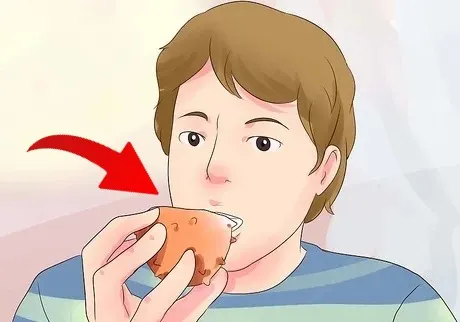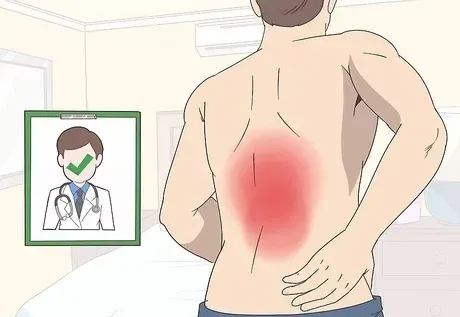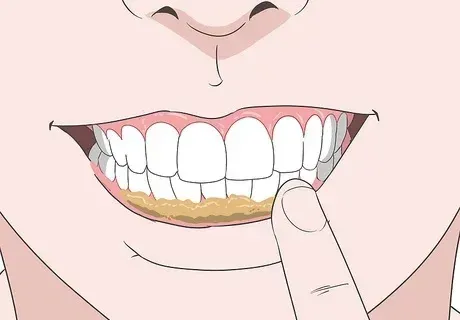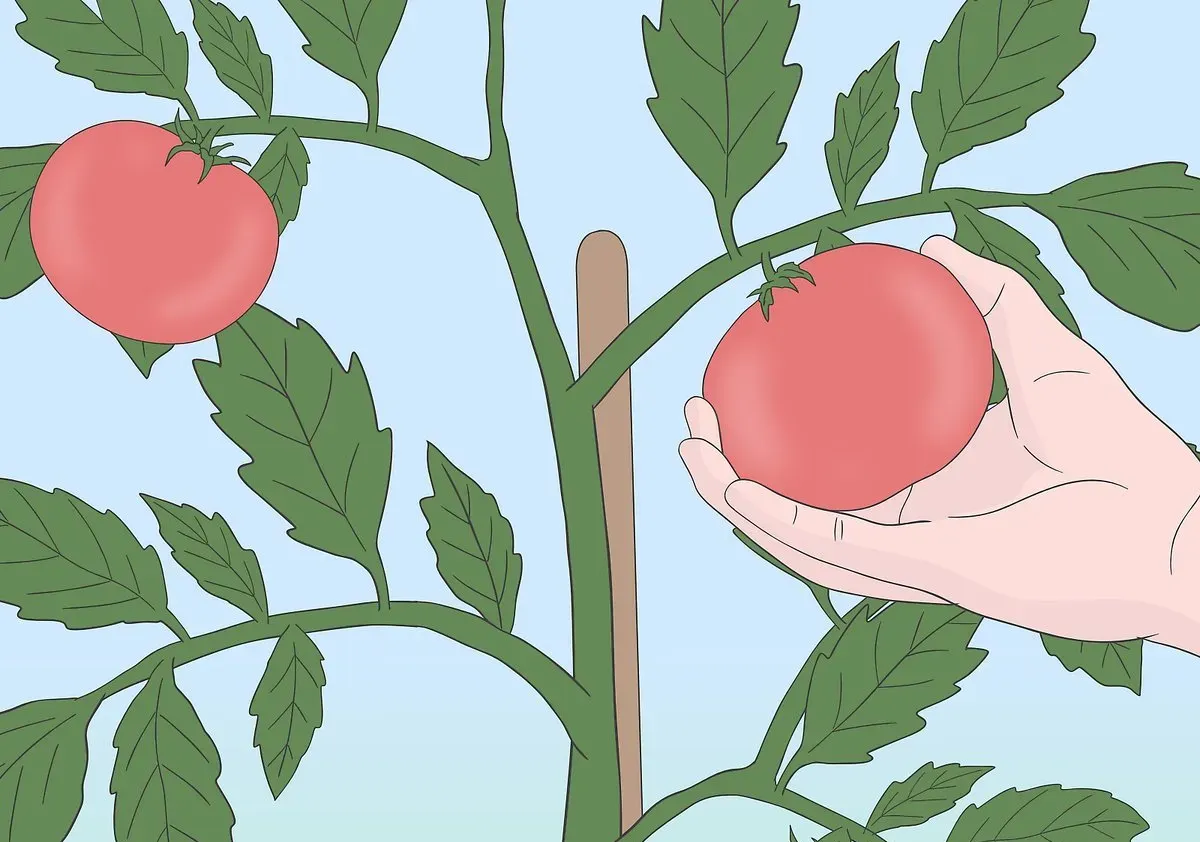5 Weird Prostate Facts That Could Save Lives!
Almost all men from the age of 40 onwards will experience some urinary symptoms as their prostate enlarges. This enlargement has become one of the most common debilitating conditions experienced amongst men. This prevalence increases with age, 10% of men diagnosed at age 30, 40% diagnosed at age 50 and 90% over 85.
Here are some interesting facts and tips to help you prevent and potentially reverse prostate problems, naturally!
🤔 Fact #1: 1 In 4 Men Who Lack This Prostate Nutrient Risk Kidney Shutdown?
Scientists have recently revealed an astonishing prostate enlargement discovery:
Without this crucial prostate nutrient, the body cannot eliminate urine completely...**
This is the cause of nighttime peeing, incomplete emptying of the bladder or a weak urine flow, and when left untreated, this could even lead to Acute Urinary Retention - when a person cannot urinate at all. This can cause sudden kidney failure, and the worst thing is: 1 out of 4 men are lacking this essential nutrient!**
Click Here to see what exactly this nutrient is, and how you can take advantage of it to fix your prostate problem!*

🤔 Fact #2: Check the Central Nervous System
Spine problems in the lower back can reduce nerve supply to the prostate - which in turns will create problems because the prostate does not receive enough nutrients.
This can be aggravated by poor posture and lack of exercise. Chiropractic assessments followed by a series of adjustments have saved lives in cases of prostate disease.

🤔 Fact #3: There's a Link Between Gum Diseases and Prostate Problems
One study found that men who had prostatitis and gum disease got better as their gum disease was treated. In the research study, 21 of the 27 men tested saw improvement in their prostatitis symptoms while they received treatment for their gum disease.
The link may lie in inflammation. Gum disease affects more than just your mouth and can lead to inflammation in other parts of your body. By treating the inflammation in their mouth, most of the men within the study saw symptom improvement in their prostate inflammation. This helped to improve their quality of life.
Take care of your mouth and it may just lead to better overall health. If you think you are at risk for gum disease or see something irregular in your mouth, head to the dentist and see if your mouth needs attention.

🤔 Fact #4: Diet May Affect The Prostate Gland
To maintain a healthy prostate gland, try to eat a balanced diet with plenty of fresh fruit and vegetables. Some studies have shown benefit from:
Eating selenium
There is some evidence that selenium, a trace mineral, helps lower the risk of prostate cancer by combating cell damage. Selenium is found in broccoli, Brazil nuts, seafood, asparagus, brown rice and onions. Selenium can also be taken in supplement form and works best when combined with vitamin E and zinc.
Following a mediterranean diet
Mediterranean men have a lower prostate cancer rate and this is believed to be down to a diet rich in fruit and vegetables, garlic, olive oil, fish and tomatoes. Tomatoes contain a bright red pigment called lycopene, a powerful carotenoid antioxidant, which helps to repair damaged cells.
According to an American study of 47,000 men over six years, those who had at least 10 servings a week of tomato-based foods were up to 45 per cent less likely to develop prostate cancer.

🤔 Fact #5: Obesity Affects Prostate Cancer
There is also a clear link between obesity and cancer – putting on those extra cuddly pounds around your waist can double your cancer risk.
Scientists in Boston found that maintaining a healthy weight and diet helps cancer sufferers live longer. Results of the trial, involving over 900 men, showed that overweight men with prostate cancer doubled their risk of death in the five years after the study, compared to men who maintained a healthy weight.
Try to achieve and maintain a healthy weight through eating a balanced diet and exercising regularly. It is best to lose weight slowly, just one or two pounds a week. Make small changes to your diet every day such as swapping sweet treats for crunchy vegetables. Small changes soon add up. Ask your practice nurse or GP for help with losing weight if you are finding it difficult.

**References:
https://www.netdoctor.co.uk/conditions/cancer/news/a21519/public-unaware-of-links-between-diet-obesity-and-cancer/
https://www.ncbi.nlm.nih.gov/pmc/articles/PMC3652168/?crsi=2712261201&cicada_org_src=healthwebmagazine.com&cicada_org_mdm=direct
https://www.aafp.org/pubs/afp/issues/2003/0315/p1281.html?crsi=2712261201&cicada_org_src=healthwebmagazine.com&cicada_org_mdm=direct
Copyright 2022. All rights reserved.
*Results are not typical and can vary from person to person
This site is not a part of Google, Inc. or Google.com, nor is it sponsored or endorsed by Google. YouTube is a trademark of Google, Inc.
Disclaimer: This site is provided for educational purposes only
.Please consult a health professional before implementing any strategy discussed on this website.
